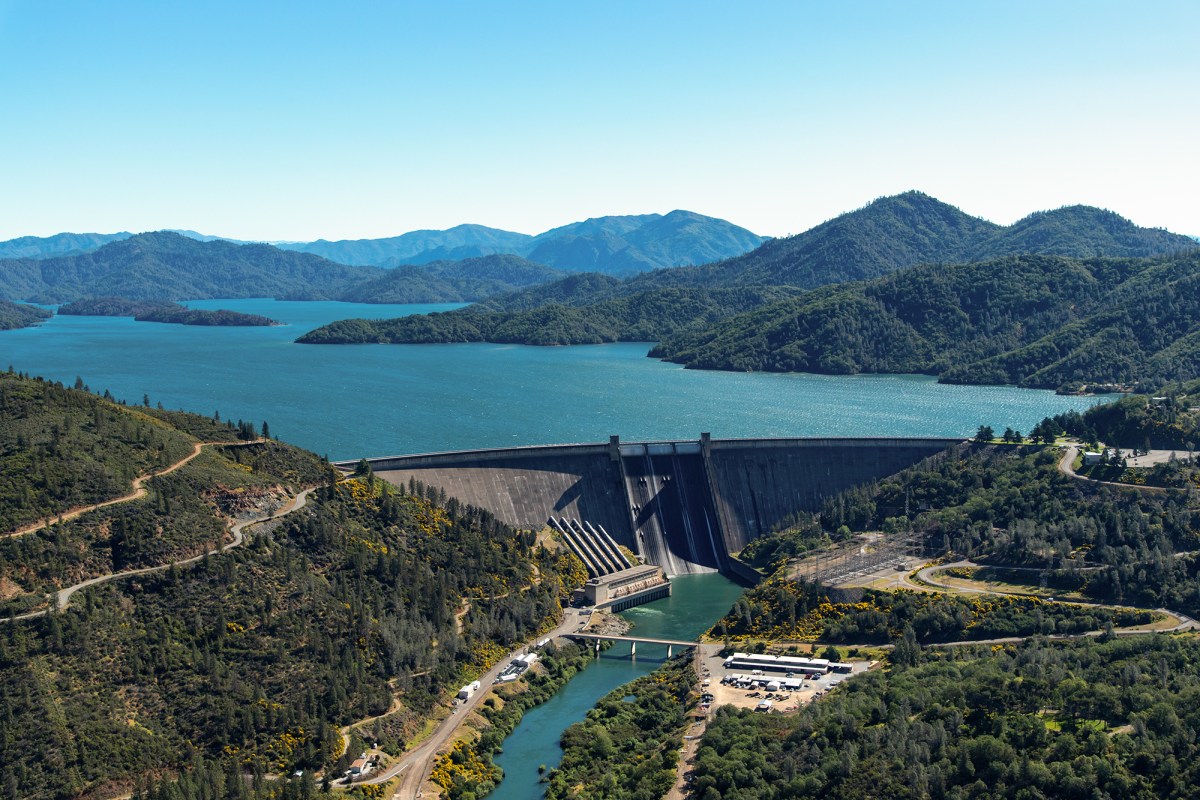Executive Summary
- Dr. Melvin Vopson's research suggests gravity may emerge from the universe's drive to minimize information entropy, similar to data compression in computers.
- The study proposes a new way to derive Newton's law of gravity based on information theory and the concept of 'infodynamics'.
- The findings have potential implications for quantum computing, cosmology, and our understanding of fundamental physics, including dark matter and dark energy.
Event Overview
Dr. Melvin Vopson, a physicist at the University of Portsmouth, has published a study in AIP Advances proposing that gravity may not be a fundamental force but rather an emergent property resulting from the universe's optimization of information. The study suggests the universe behaves like a giant computer, minimizing information entropy and compressing data to operate more efficiently. This new perspective reframes gravity as a computational byproduct of an entropic force acting on a discrete space-time. Vopson's work builds on his previous research on information theory and introduces a new way to derive Newton's law of gravity based on the principles of 'infodynamics'.
Media Coverage Comparison
| Source | Key Angle / Focus | Unique Details Mentioned | Tone |
|---|---|---|---|
| University of Portsmouth | Gravity as a computational process within the universe related to information organization. | Mentions space pixelation in elementary cells acting as a data storage medium with binary data. Links the findings to the idea that the universe might work like a giant computer. | Informative and optimistic, highlighting the implications of the research. |
| ScienceAlert | Gravity as evidence that the Universe is a simulation, with a focus on the work of Dr. Melvin Vopson. | Explains the second law of infodynamics and connects it to the notion that information has mass. Uses an analogy of ZIP files to explain gravity's role in compression. | Engaging and accessible, framing the research in the context of the simulation hypothesis. |
| The Quantum Insider | Gravity as an optimization process in a computational universe, building on and diverging from Verlinde's entropic gravity hypothesis. | Discusses the implications for simulating gravity on quantum computers and reevaluating the universe’s informational foundations. Compares Vopson's theory to Erik Verlinde's entropic gravity and details the differences. | Analytical and technical, emphasizing the scientific implications and potential future research directions. |
| Physics World | Gravity emerging from quantum information theory. | Discusses Ginestra Bianconi's framework proposing that gravity may arise from entropy and quantum relative entropy (QRE). Mentions the G-field and its implications for black hole physics and the cosmological constant. | Technical and focused on the theoretical framework, with emphasis on quantum mechanics and statistical physics |
Key Details & Data Points
- What: Dr. Melvin Vopson's study proposes that gravity might be a result of the universe trying to keep information tidy and compressed, suggesting it is a computational process.
- Who: Dr. Melvin Vopson (University of Portsmouth), Ginestra Bianconi (Queen Mary University of London), Serban Lepadatu (Jeremiah Horrocks Institute for Mathematics, Physics and Astronomy), Erik Verlinde (Dutch Physicist)
- When: Research published in AIP Advances on April 28/29/30, 2025.
- Where: University of Portsmouth, UK. Theoretical implications extend to the entire universe.
Key Statistics:
- Elementary particles as data storage: Vopson calculates the amount of information in the Universe if elementary particles store information similar to DNA.
- Schwarzschild metric: According to Ginestra Bianconi's research, this is an approximation with the full solution requiring consideration of the G-field’s effects.
Analysis & Context
Dr. Vopson's theory presents a significant departure from traditional views of gravity, suggesting that it's not a fundamental force but an emergent phenomenon. This perspective aligns with the growing interest in the simulation hypothesis and raises intriguing questions about the nature of reality. The implications for quantum computing are particularly noteworthy, as they suggest the possibility of simulating gravity on quantum devices. Furthermore, the theory may provide new insights into dark matter and dark energy, which remain some of the biggest mysteries in cosmology. However, the study is still theoretical and requires further experimental validation. It needs to be extended to 3D models and tested in complex quantum interactions to confirm its validity. Ginestra Bianconi's work on gravity emerging from quantum information theory offers a different, but complementary, perspective that focuses on quantum mechanics and statistical physics. Bianconi's framework highlights the role of entropy and quantum relative entropy.
Notable Quotes
"My findings in this study fit with the thought that the universe might work like a giant computer, or our reality is a simulated construct. Just like computers try to save space and run more efficiently, the universe might be doing the same. It's a new way to think about gravity - not just as a pull, but as something that happens when the universe is trying to stay organised."
"Matter tells space how to curve, and space tells matter how to move."
"This triggers the attracting force because of the rule set in the computational system, requiring the minimization of the information content, and by extension, a reduction of the computational power. Put simply, it is far more computationally effective to track and compute the location and momentum of a single object in space, than numerous objects. Therefore, it appears that the gravitational attraction is just another optimizing mechanism in a computational process that has the role to compress information."
Conclusion
Dr. Vopson's groundbreaking study proposes that gravity emerges from the universe's fundamental drive to minimize information entropy, aligning with the simulation hypothesis and opening doors for quantum computing, cosmology, and fundamental physics research. This perspective reframes gravity not as a fundamental force, but as a computational optimization process where the universe, akin to a vast quantum computer, self-organizes matter to compress data and conserve processing power. Simultaneously, Bianconi's complementary work introduces an "entropic gravity" framework, deriving gravity from quantum relative entropy and treating spacetime as a quantum system, potentially unifying quantum mechanics and general relativity. Bianconi's theory suggests gravity arises from the difference in information between spacetime and matter, offering new insights into black hole thermodynamics, the cosmological constant, and potentially explaining dark matter and dark energy through the introduction of the G-field. These theories, while requiring further experimental validation and extension to more complex models, converge on the idea that gravity is an emergent phenomenon rooted in information theory and quantum mechanics, providing a novel lens to explore the universe's deepest mysteries and the interplay between quantum information, spacetime, and the cosmos.
Disclaimer: This article was generated by an AI system that synthesizes information from multiple news sources. While efforts are made to ensure accuracy and objectivity, reporting nuances, potential biases, or errors from original sources may be reflected. The information presented here is for informational purposes and should be verified with primary sources, especially for critical decisions.














